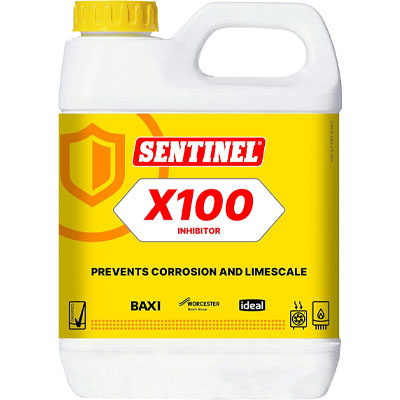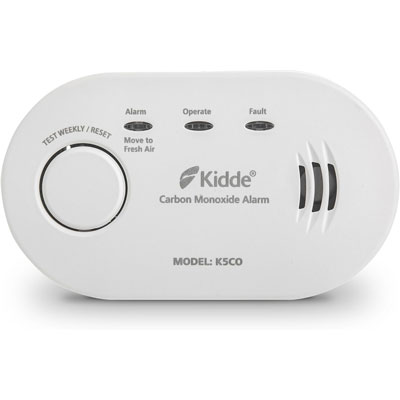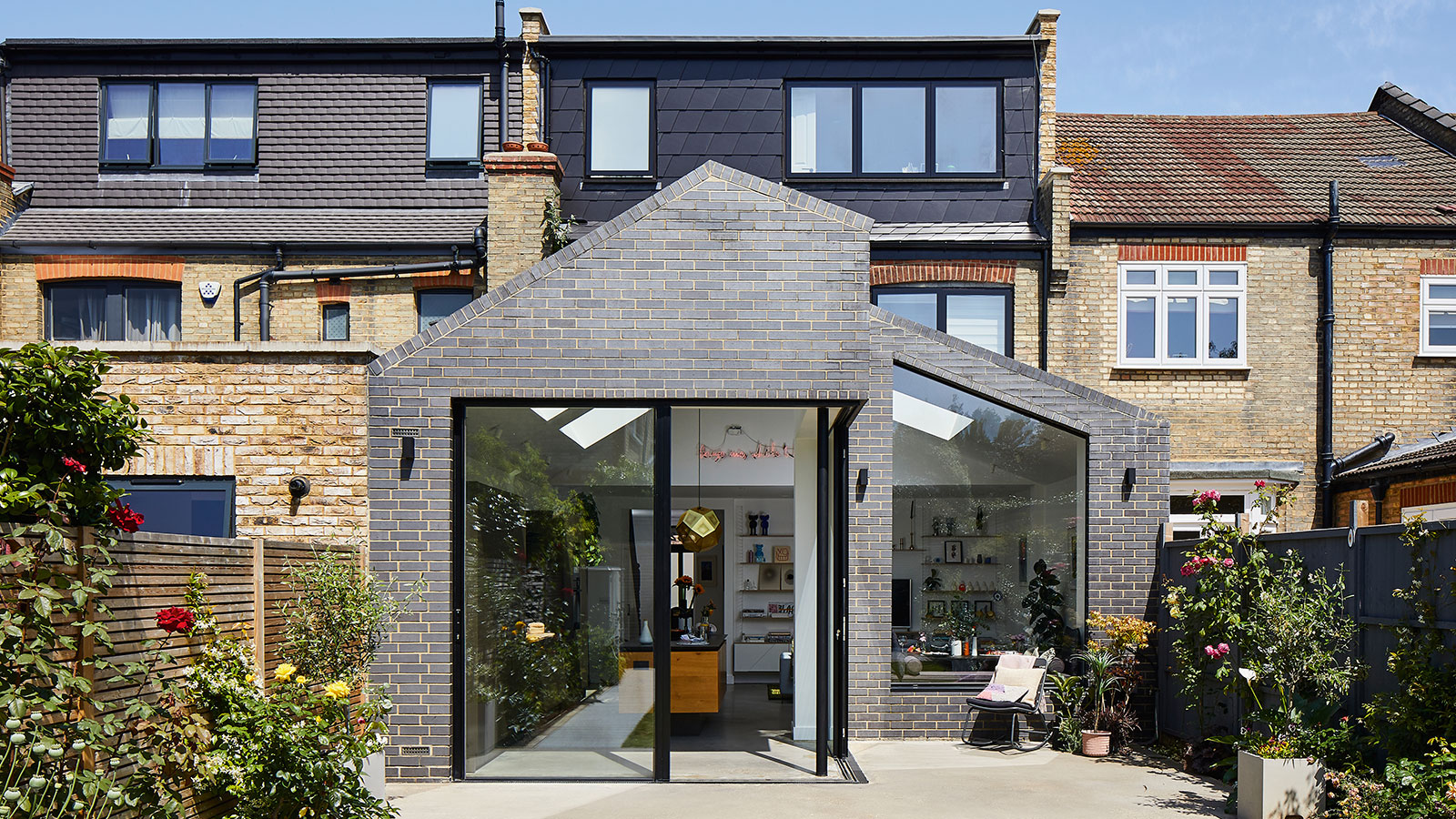Boiler pressure keeps dropping? The most common boiler problems experts encounter and how to avoid them
Winter is on the horizon so we're here to reveal the 7 boiler problems homeowners most commonly experience to help you steer clear
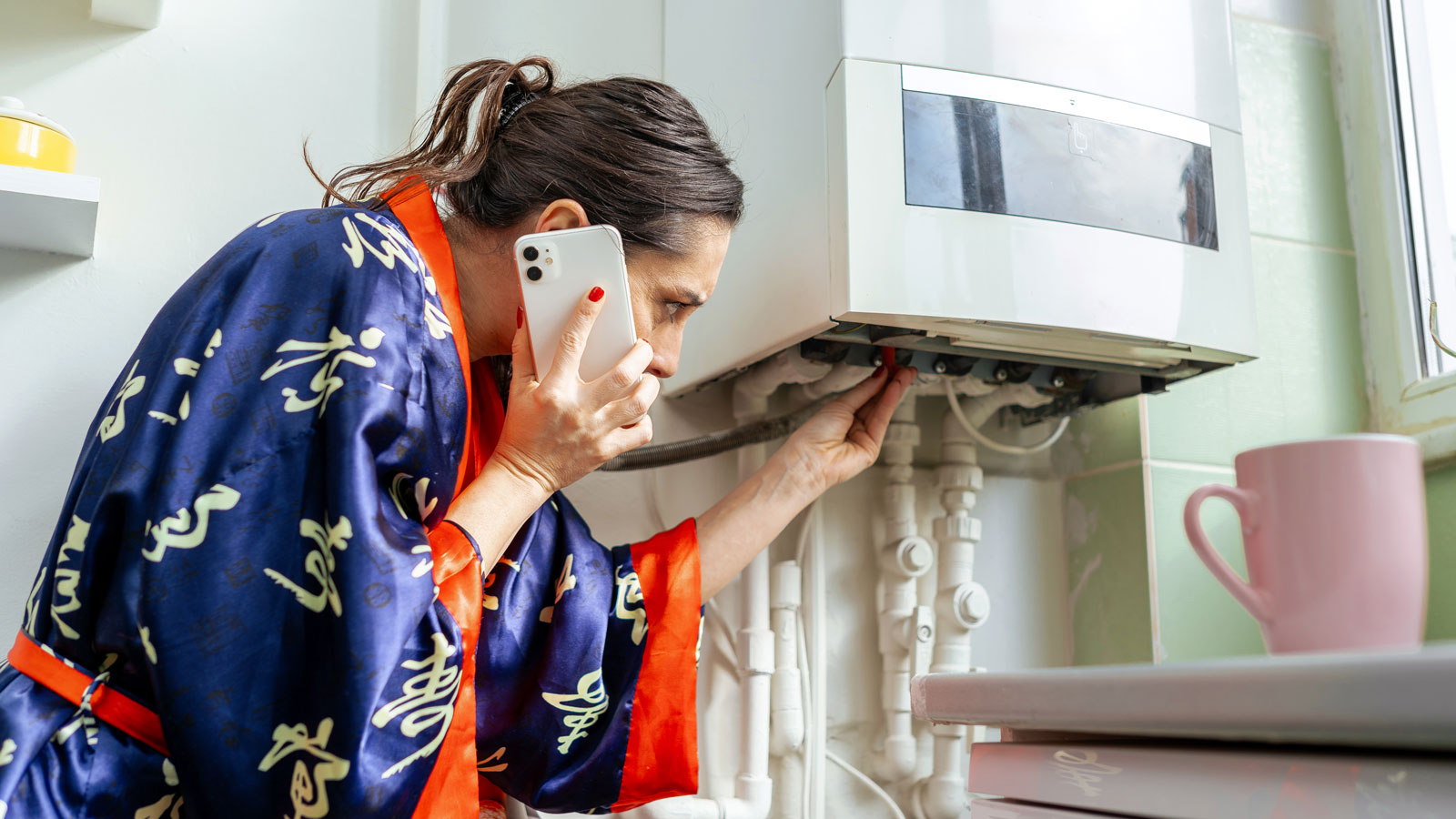
Bring your dream home to life with expert advice, how to guides and design inspiration. Sign up for our newsletter and get two free tickets to a Homebuilding & Renovating Show near you.
You are now subscribed
Your newsletter sign-up was successful
There is never an ideal time to run into boiler problems, but during the cooler months, they are even more unwelcome than usual – particularly as this tends to be the busiest time of year for plumbers, meaning a long wait to get the issues resolved.
Every home needs heating, and whether yours is delivered through radiators or underfloor heating, keeping your boiler in tip-top condition and being aware of any tell-tale signs that could indicate a problem on the horizon is so important.
With this in mind, we reached out to the experts to discover the most common boiler problems they come across, their causes and how you can avoid them.
Avoiding the most common boiler problems
Whether you have a gas boiler or an electric boiler, before delving into their potential problems it is important to know that many can be avoided with the right maintenance know-how.
"Most boiler problems can be avoided with a bit of forward planning and regular checks," explains Michael Zohouri, founder of Pyramid Eco. "Autumn is always a busy time. It's boiler breakdown season. That first cold snap reveals all the issues that have been quietly building up over summer."
"Boilers require an annual service to ensure they stay running safely and efficiently, helping to keep your energy bills as low as possible," picks up Ian Palmer-Smith, appliance repair expert at Domestic & General. "If you currently rent your home, your landlord should send a Gas Safe engineer to service the boiler each year. If you’re a homeowner, you will need to arrange this yourself."

Michael Zohouri leads The Retrofitters as its founder, bringing over a decade of experience to the company. His expertise spans energy-efficient retrofitting projects, including insulation, solar and heat pump installations. Committed to addressing challenges like thermal bridging and improving air quality, Michael focuses on creating healthier, more sustainable living environments while reducing energy costs for residents.

Ian Palmer-Smith is a supplier and heating service director at Domestic & General, and a domestic appliance service and repair expert with over 35 years of professional experience.
1. Boiler pressure keeps dropping
If you notice that your heating isn't coming on as it should or that a suspicious looking light is blinking away at you, take this as a warning that you may need to find out how to repressurise a boiler.
Bring your dream home to life with expert advice, how to guides and design inspiration. Sign up for our newsletter and get two free tickets to a Homebuilding & Renovating Show near you.
"One of the most common problems is low system pressure," picks up Michael Zohouri. "It usually shows up when the heating stops working and there’s a warning light or error code. Often it’s due to a small leak somewhere, or trapped air in the system. You can top up the pressure yourself, but that’s only a short-term fix. The real solution is finding and fixing the underlying issue."
"This is often caused by a water leak in the system, or a failing pressure relief valve," explains Fantasic Services' and My Plumber's plumbing expert Zhelyazko Yanchev. "To fix it, top the pressure back up using the filling loop until the gauge reads around 1 to 1.5 bar when it’s cold.
"If the pressure keeps dropping, it’s a sign of a leak or a faulty part that needs professional servicing," continues Zhelyazko. "In general, to prevent this, check the pressure levels regularly and have the system serviced annually to catch any small leaks early."
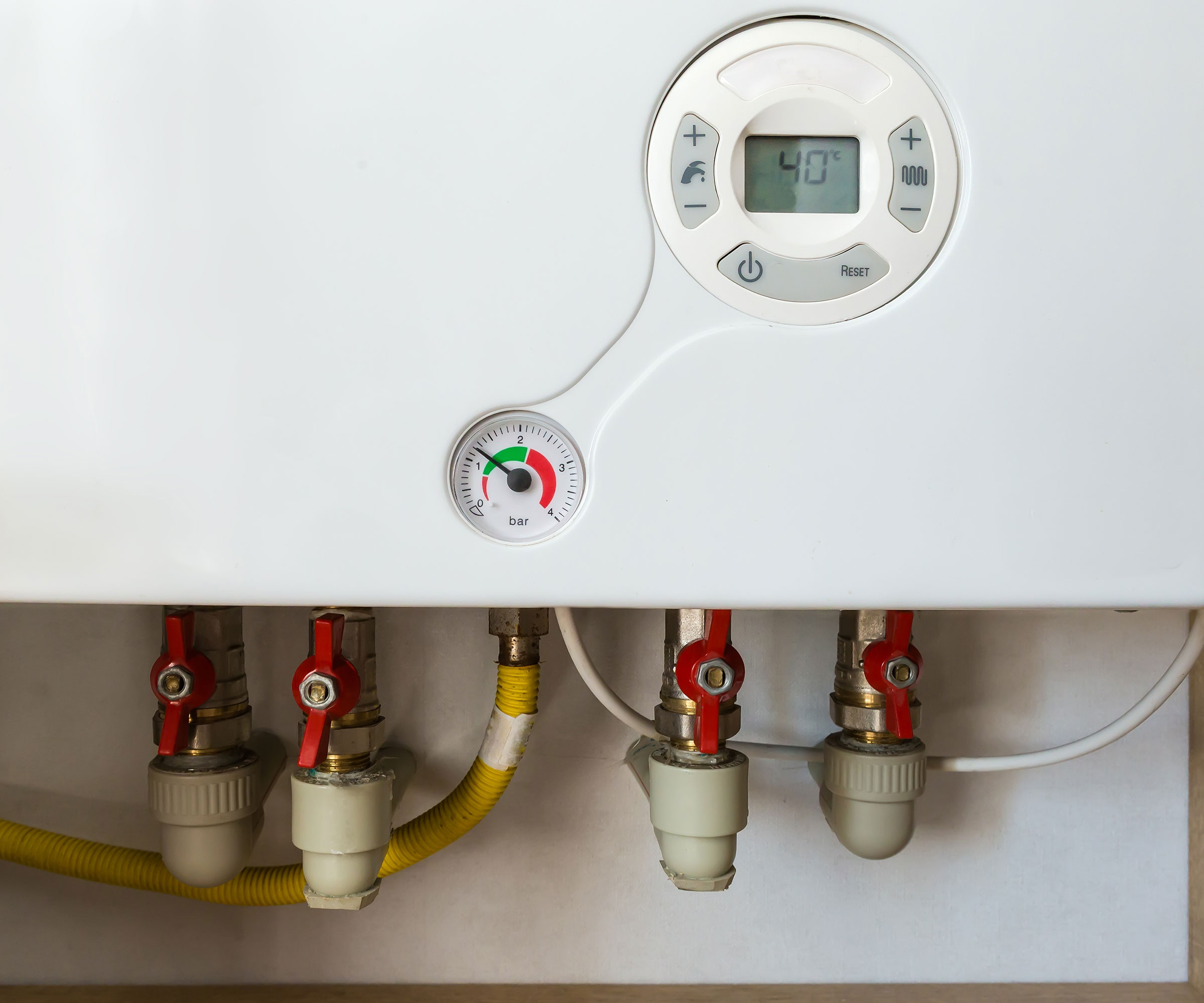
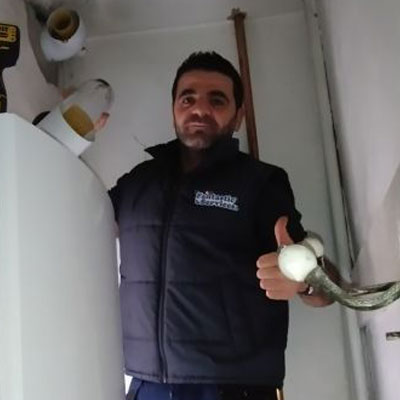
Zhelyazko Yanchev has been working for Fantastic Services and My Plumber for over 6 years. He is one of the most experienced and skillful plumbers in his team.
2. Radiator cold spots
If your radiators are not working or aren't heating up as they should, or you notice cold spots on their surfaces, a good clear out could be what's needed.
"Something we come across a lot is sludge build-up," explains Michael Zohouri. "Over time, rust and debris collect inside radiators and pipework. It blocks the flow of hot water and makes the whole system work harder.
"You might notice cold spots on radiators or strange noises in the pipes," continues Michael. "A magnetic filter helps stop this, and a system flush every few years can make a big difference. It’s a simple bit of maintenance that can extend the life of the boiler."
"You can also bleed the radiators," adds Zhelyazko Yanchev. "However, if there’s sludge, a power flush will likely be necessary, which requires a professional. To prevent this from happening in the first place, consider using inhibitor fluid in the system."
3. Frozen condensate pipe
If your boiler isn't heating up effectively, your heating and hot water could be affected – but there could just be a simple explanation.
“A boiler that isn’t firing up as expected, or making gurgling noises when doing so, can be a sign of frozen condensate pipes," reveals Ian Palmer-Smith. "This will only occur if the weather is particularly cold, usually in the peak winter months. If this is the case, carefully attempt to warm the pipes up by applying a hot water bottle directly to them.”
"To prevent this from happening, look into insulating pipes and make sure the condensate pipe is the right diameter – both will reduce the chance of freezing," adds Zhelyazko Yanchev.
4. Loud banging noises
Not only are banging and loud gurgling sounds coming from your boiler annoying, they are also a sign that something is amiss. In fact, there are a couple of reasons this happens.
"Strange noises, such as banging and gurgling are often caused by limescale build-up on the heat exchanger, which is common in hard water areas – or it could be trapped air in the system," explains Zhelyazko Yanchev. "Bleeding the radiators can remove any trapped air. However, limescale needs chemical treatment or a flush, which is best handled by a professional. To prevent it from happening in the first place, installing a scale reducer or magnetic filter can help protect the system."
“If your central heating is making loud banging noises, this could also be another sign of low pressure in your boiler," adds Ian Palmer-Smith. "Luckily, this is a fairly common issue that is easy to tackle. You’ll need to check the pressure gauge on your boiler control panel. If this reads below 1 bar, increase this slightly to 1.5-2. If the pressure is any less than 1 bar it could mean less heat being transferred to the areas in your home where it’s needed. As a general rule, anywhere between 1.5-2 is usually the sweet spot.”
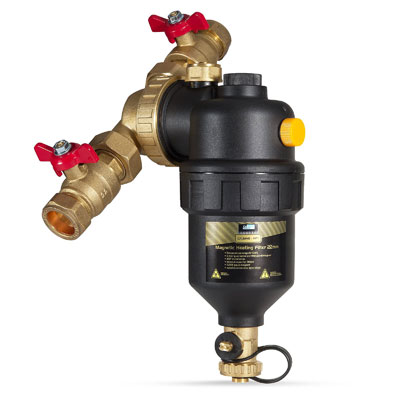
This magnetic boiler filter is the perfect way to remove sludge and debris from your system. The internal magnets in the filter attract and trap metal oxides, improving the overall performance of the heating and hot water system. Professional installation is recommended.
5. Boiler coming on at random times
If your boiler is coming on and going off unexpectedly, at times you really don't want or need it to, you could find yourself without hot water or heating at some inopportune moments .
“If you’re noticing your boiler is turning on or off sporadically throughout the day, you may need to simply adjust your timer settings using your boiler manual for help," explains Ian Palmer-Smith. "Check your heating controls too and that the central heating dial is turned up in case this has been accidentally knocked.
“Additionally, double check your thermostat settings," continues Ian. "If temperatures in the home are set lower than 20 degrees, your boiler may not come on – increase the temperature slightly and you should notice better performance.”
6. The red light keeps coming on
Few things cause the same level of panic as a red warning light showing up on the boiler – particularly once we enter the cooler months of the year and you realise you may have failed to prepare your house for winter.
“If you’ve noticed a red light appear on your boiler, this usually signals an error with the appliance – but this typically only requires a quick reset," reassures Ian Palmer-Smith. "The boiler reset button should be on the front panel and easy to identify.
"If the error persists, try turning the appliance off and on," adds Ian. "If it still continues, reach out to an engineer who will check if there is a bigger underlying problem.”
7. Sudden shut down
If your boiler very suddenly shuts down, this could simply be its reaction to a hidden issue that you have, until now, been unaware of.
"Blocked flues and poor ventilation are more common in older homes and modern boilers will shut down if they detect a problem – but the cause isn’t always obvious," explains Michael.
"That’s why annual servicing matters," continues Michael. "We check the flue is clear, the burner is working properly, and there’s no carbon monoxide risk. These checks are essential for safety and performance.
"It’s also worth checking your controls," adds Michael. "Sometimes the issue isn’t the boiler itself but an old thermostat or timer that’s stopped working properly. Replacing outdated controls with smart ones often solves the problem and makes the whole system more efficient."
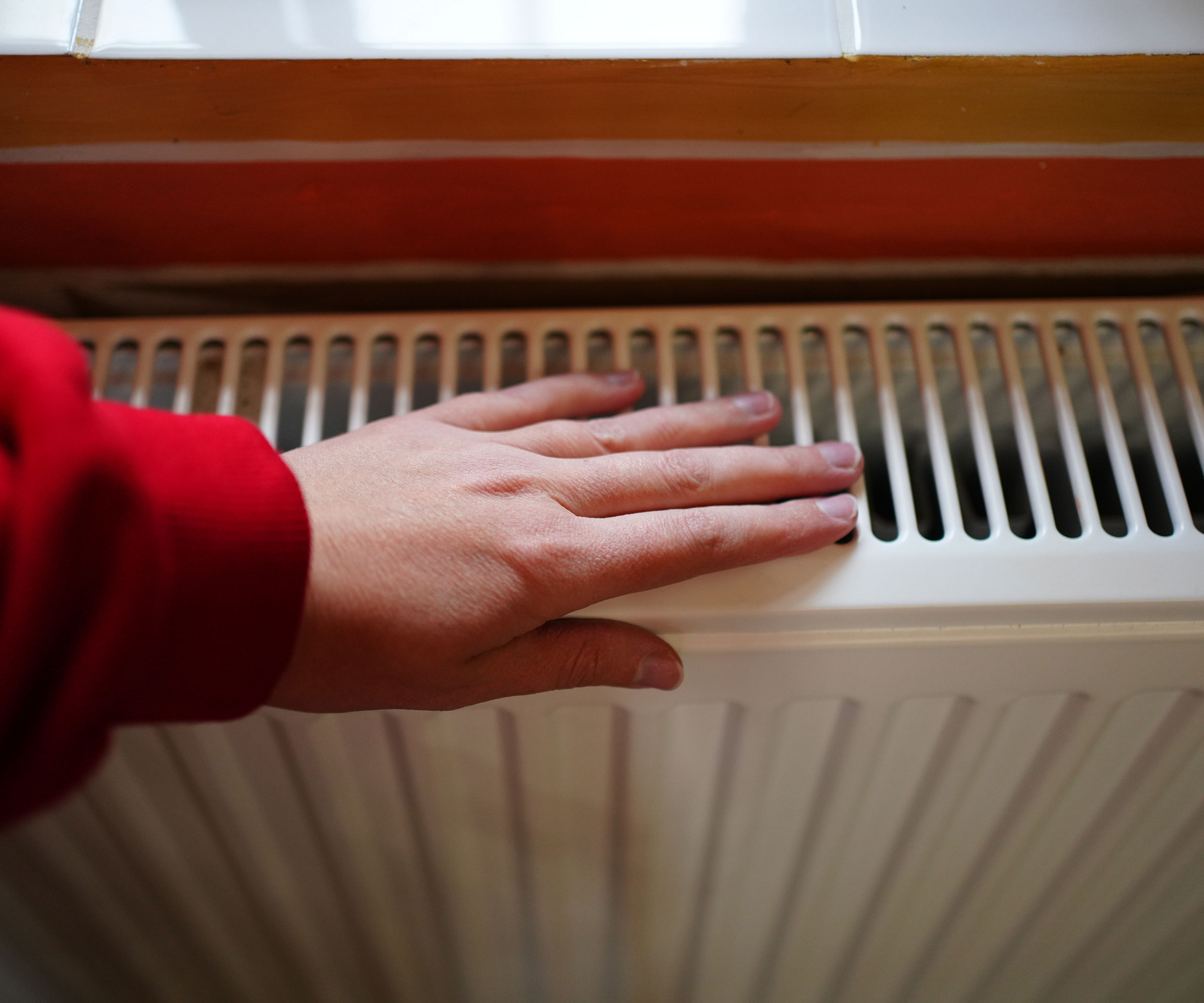
FAQs
How often should a boiler be serviced?
In order to keep your boiler problem-free and ensure your winter isn't ruined by freezing cold showers and frosty radiators, regular servicing is key – and boiler service costs are well worth it in the long run.
“Boiler services can be booked at any time of the year. However, I always strongly recommend booking it ahead of the colder weather," advises Ian Palmer-Smith. "Ideally this would be in October, but November should also give you enough time before winter sets in. If your boiler was to break during the colder, winter months, you could be left with no heating for a period of time which is never ideal.
“During a boiler service, engineers will identify any potential issues before they develop into serious problems. Spotting a problem early on will help to extend the lifespan of your appliance," continues Ian. "A new boiler can cost up to £5,000 including installation so it is well worth servicing annually through boiler cover to prevent you needing to replace prematurely.
“Getting an annual boiler service will also ensure you are protected against carbon monoxide poisoning so it is crucial that you book this in each year ahead of time," adds Ian. "I also strongly advise getting a carbon monoxide detector if you do not have one already. Faulty boiler systems can leak carbon monoxide gas into your home, but without any colour, smell or taste, you need a detector to warn you of its presence to stay safe. They typically last five years before they need to be replaced.”
If you are renovating an older property or have simply been living in your home for quite some time, it may be time to upgrade your boiler – make sure you know everything about choosing a new boiler before parting with any money to ensure you select the right model for your needs and property.
Natasha was Homebuilding & Renovating’s Associate Content Editor and was a member of the Homebuilding team for over two decades. In her role on Homebuilding & Renovating she imparted her knowledge on a wide range of renovation topics, from window condensation to renovating bathrooms, to removing walls and adding an extension. She continues to write for Homebuilding on these topics, and more. An experienced journalist and renovation expert, she also writes for a number of other homes titles, including Homes & Gardens and Ideal Homes. Over the years Natasha has renovated and carried out a side extension to a Victorian terrace. She is currently living in the rural Edwardian cottage she renovated and extended on a largely DIY basis, living on site for the duration of the project.
